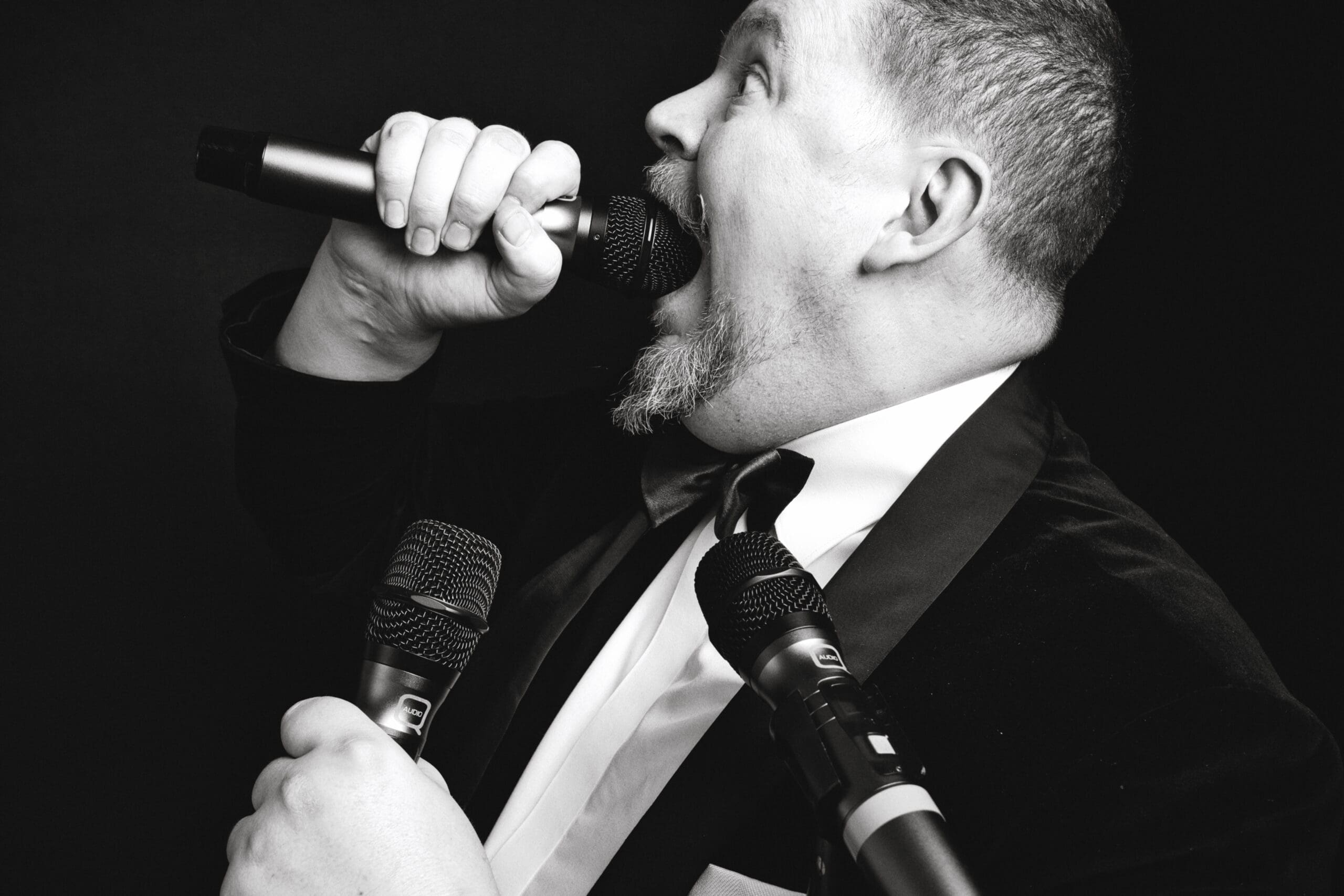Who speaks when, and what to avoid
There comes a moment in almost every wedding when the clinking of glasses dies down, your guests lean in, and all eyes turn to the microphone. The speaker steps up and almost everyone is thinking one collective thought: “Please don’t make it awkward.”
Done well, wedding speeches can be some of the most memorable, moving, and joyful moments of the day.
Done poorly… well, let’s just say I’ve seen some that made people wish they’d stuck to the soup course.
So, let’s lift the veil on wedding speech etiquette — who should speak, what they should say, and, crucially, what to avoid.
Who should say what in wedding speeches?
Traditionally (and tradition still serves a purpose, I find), there’s a fairly well-established order and etiquette for speeches in a UK wedding which will usually guide your choices, even if you’re not sticking to the traditional format.
Here it is:
Father of the Bride (or equivalent)
The Father of the bride usually welcomes guests, shares a few kind words about the couple, possibly a gentle story or two about the bride and ends with a toast to the couple. It’s a meaningful speech where they have a chance to share their love and appreciation for their child openly and meaningfully.
The Groom (or either partner in a same-sex marriage)
Thanks are given to guests, the other side of the family, the wedding party, and their new spouse. They may throw in a touch of humour or sentiment about their partner and life together and usually toasts to the bridesmaids, their family, and of course, their partner.
The Best Man
Traditionally the Best Man’s speech is a highlight of the speeches, and so goes last. They usually bring the comedy to the formalities, with anecdotes and a touch of roast, but it always returns to something heartfelt.
As with the other speeches, they would usually end with a toast to the couple.
Nowadays, it’s far more flexible — and rightly so.
Brides may choose to speak, both partners might speak together and you can have speeches from Mums, maids of honour, siblings, or anyone else meaningful if you want them to and they are up for it.
Just remember this: it’s about connection, not ticking boxes.
What speeches should we have at our wedding?
It depends entirely on the tone you want to create and how many of these traditions you are planning to stick to, but here’s what I usually recommend:
Keep the total number of speeches to no more than five. Beyond that, even the best guests begin to lose focus.
Keep speeches to 5–7 minutes each. It’s not a TED Talk or an Oscar acceptance.
If you’re doing 3 speeches, have them all grouped together, but more than that, space them out if possible — some couples do a couple of speeches before dessert, and a few after.
A skilled host (hello) can guide this rhythm without losing momentum.
And if someone’s nervous about speaking? That’s perfectly normal. A little coaching and a short speech is far better than a long one delivered in a panic.
What Should Be Avoided in Wedding Speeches?
No matter who you are there is always going to be a list of topics that you will absolutely want to avoid for wedding speeches. Here’s a list I recommend keeping somewhere near the top of your speech planning notes:
DO NOT MENTION EXES! No matter how funny the story seems, it’s a hard no.
Leave out the in-jokes which will isolate half the room.
Avoid drunken rambling. If someone must speak, they must stay sharp.
Avoid anything that starts with “This wasn’t part of the plan…”
Stories that need a disclaimer. If it begins with “You probably had to be there…” — don’t tell it.
In short: speak from the heart, keep it tight, and save the wild tales for the stag do.
Need help planning your speeches?
If you’re not sure who should speak, when they should speak, or how to keep things elegant and on time — I’ve got you covered.
Head over to the wedding planning course and resources page where you’ll find timelines, tools, and templates to make your wedding day (and the speeches) smooth and stress-free.
Because a great speech doesn’t need to be a Shakespearian production, it just needs to be sincere, short, and in the right order.
And if there happens to be poetry, well that’s ok too I guess.

